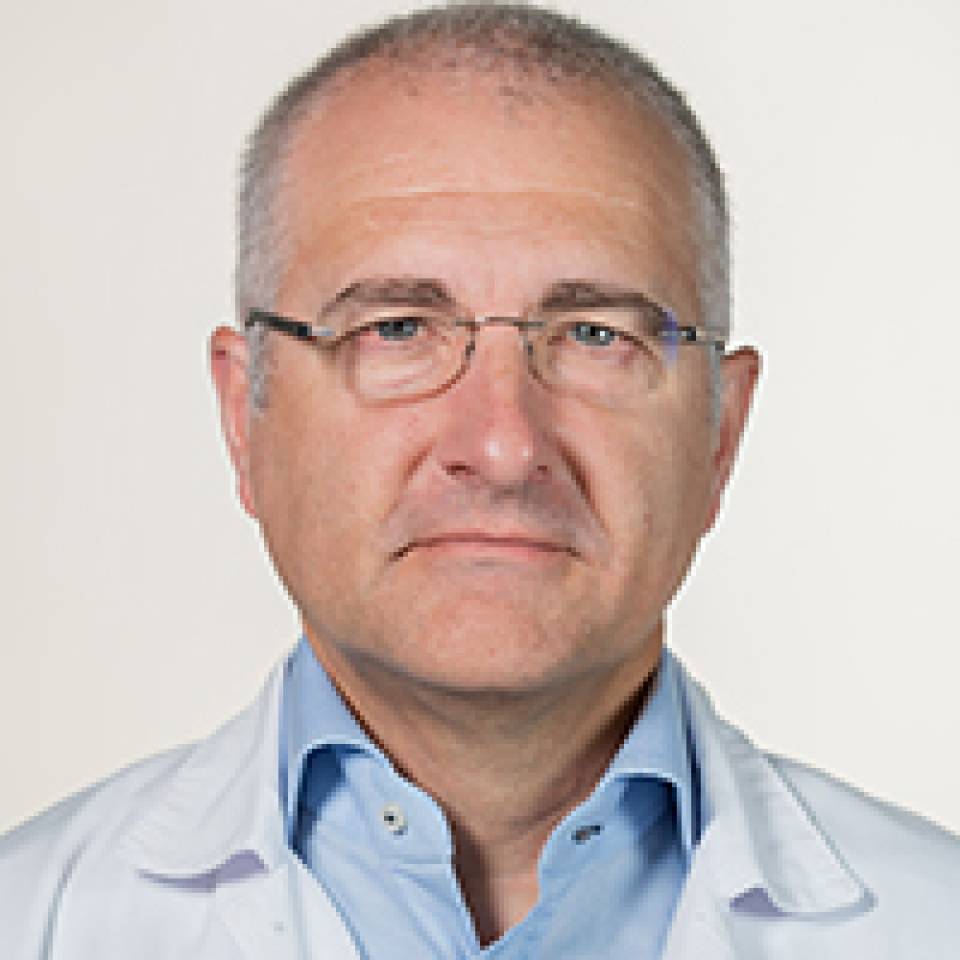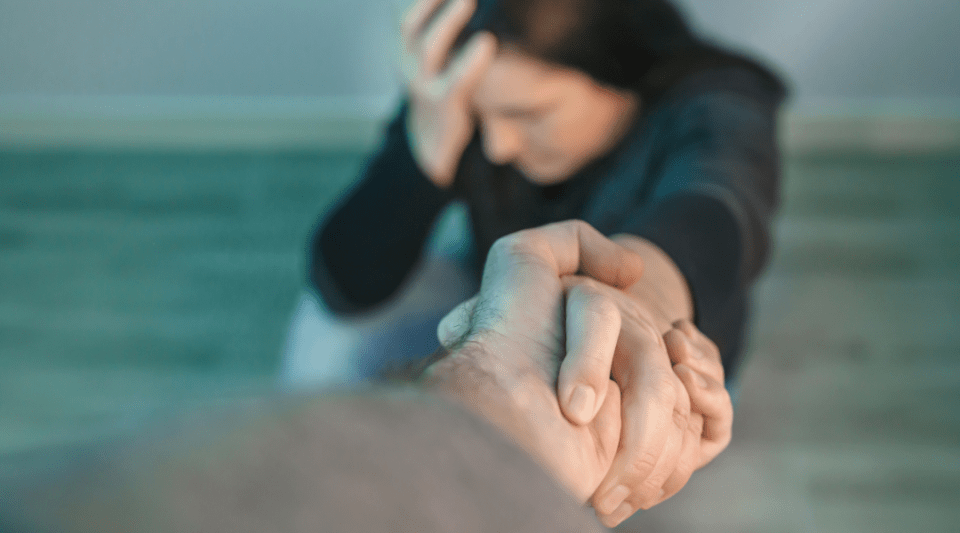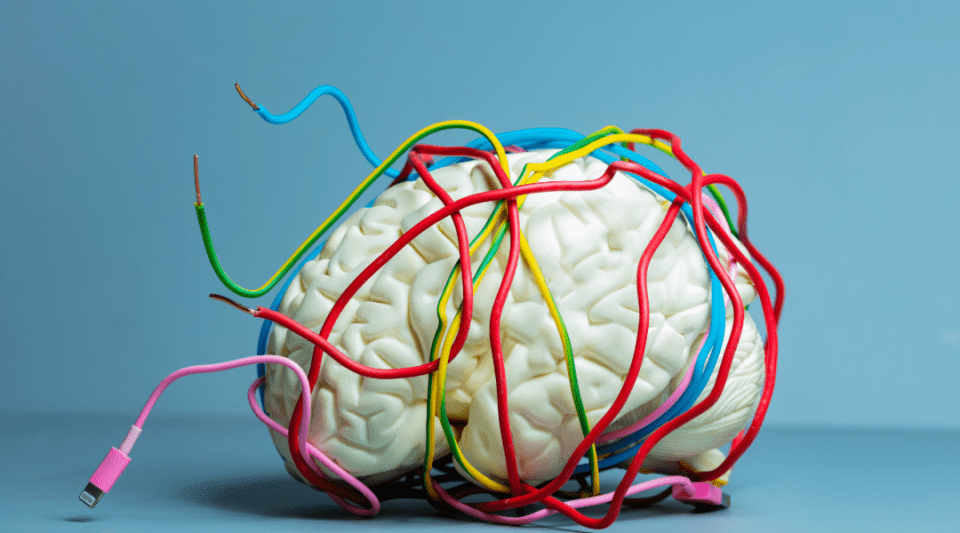1 September 2025
Living with Depressive Disorder
A very significant improvement is often obtained in the symptoms of the illness with psychological and/or pharmacological treatment, but without achieving a full remission all the symptoms. Some patients mention that mild anxiety-type symptoms, drowsiness, lack of drive or vitality, etc., persist, despite the treatment. It should be taken into account that the psychological treatment has the improvement of the symptoms of the disorder to the maximum as one of its aims, but another of its essential aims is to mitigate to the maximum the negative consequences in the day to life of the patient arising from any symptom of the depressive disorder that has not completely cured.
Another aspect to mention in this section, is related to the side-effects arising from the pharmacological treatment. Despite the widely held belief that antidepressant drugs usually produce many side-effects, clinical experience does not support this pre-judgement. The majority of these possible side-effects may not be clearly improved or alleviated by the patients themselves. Their improvement is almost completely dependent on the reduction of the dose of the drug or on the replacement of the prescribed drug.
Only in three of the possible side-effects of the antidepressant can the patients themselves help to alleviate their intensity or their consequences:

Dryness of mouth. Keep properly hydrated, wet the mouth with small sips of unsweetened liquid, and stimulate the production of saliva (suck sugar-free sweets or chew sugar-free chewing gum).

Constipation. Keep properly hydrated, consume abundant fibre, avoid very astringent foods and perform some physical exercise (if the state of health permits it).

Weight increase. Maintain a diet adapted to calorie requirements and perform some physical exercise (if the state of health permits it).
Any side-effect caused by an antidepressant drug abates in a few days once the drug is withdrawn, (except in the case of having a weight increase; in this case, the recovery of the initial weight is usually slow). That is to say, an antidepressant drug never has a long-term side-effect.
Hábitos saludables

Toxic agents. There is currently no quality scientific information available that can conclusively affirm the possible relationship between having toxic habits and the development of a depressive disorder, and/or difficulty in its treatment. Despite this, it should be said that clinical experience suggests that the consumption of significant amounts of alcohol or cannabis-type drugs, cocaine, heroin or hallucinogens, favours the appearance of depressive symptoms, and make the treatment of a depressive disorder extremely difficult. Overweight or smoking does not appear to have a significant role in the appearance or prognosis of a depressive disorder.

Diet. In developed countries, diet does not appear to have a significant role in the appearance or prognosis of a depressive disorder. Vitamin supplements, tryptophan, ginseng, as well as natural diet supplements, are not useful as a treatment of depressive disorders.

Exercise. Exercise in itself does not form part of the treatment of the depressive disorders. As part of the treatment, it can be of interest to ask the patient to try and gradually introduce activity into their daily routine, either in the form of physical exercise or in the form of any other activity that would be pleasurable for the patient. The aim is not to perform exercise as such, but to gradually reduce the apathy and facilitate the possible enjoyment.

Sexuality. Two aspects associated with the disorder can lead to problems in the sex life of the patients (and, if applicable, that of their partner). While they have a depressive disorder, given the decrease and loss of interests and motivations, it is likely that there may be a reduction in sexual desire. As the disorder improves, it leads to a remission of this symptom. Various antidepressant drugs can also cause a reduction in sexual desire, as well as a delay in achieving an orgasm. Also, in this case, the stopping of the pharmacological treatment leads to a remission of this side-effect.

Emotional support. Social and emotional support play an important role in the treatment process of the depressive illness and, in particular, in the decrease in the risk of carrying out suicide attempt. In the same sense, it has a prominent role both in the reduction of the risk of relapses and in the detection of the initial symptoms of these relapses.
Advice on how to interact with a person with depressive disorder
- Show understanding. Regardless of whether the depressive disorder has appeared as a result of a known trigger or if it has appeared in a totally spontaneous manner, it is important that the patient notices that we understand that someone can lose control of their mood state. The use of expressions like, “come on it doesn’t matter”, “lots of people love you”, or “but how can you think of dying”, are not usually of benefit and, instead, can increase feelings of guilt and uselessness. It should be taken into account that in the majority of cases, patients with depressive disorder already know that their feeling of sadness and despair are out of proportion.
- If we are not very sure of the real ability to enjoy (or mood reactivity) of the patients, we must not force them to do things that they don’t want to do. To force more than appropriate can increase the feeling of lack of understanding and guilt of the patient. In adjustment disorder, in dysthymic disorder and, to a lesser extent, in mild depressive episodes, it is usually possible to find activities that, although they do not motivate the patient at first, they can finally be relatively pleasurable. If it is noted that there has been something that has distracted the patient (it does not matter that it has started to be enjoyable), suggest (not oblige) that they try do it regularly is a correct approach. The purpose of this guideline is to improve the overall quality of the day, not to cure the disorder, based on their efforts.
- Families must not markedly change their daily functioning. If the patient notices that their illness causes a lot of distortion in those close to them, it can increase feelings of guilt. In cases that the depressive disorder is partly brought on by the need of the patient to obtain more shows of affection (for example, a patient affected by a dysthymic disorder in the context of a very emotional character or dependent on third parties), that the close relatives do not modify their daily functional helps in that this anomalous form of seeking affection in the patient is not perpetuated.
Substantiated information by:


Published: 3 April 2018
Updated: 15 July 2025
Subscribe
Receive the latest updates related to this content.
Thank you for subscribing!
If this is the first time you subscribe you will receive a confirmation email, check your inbox


